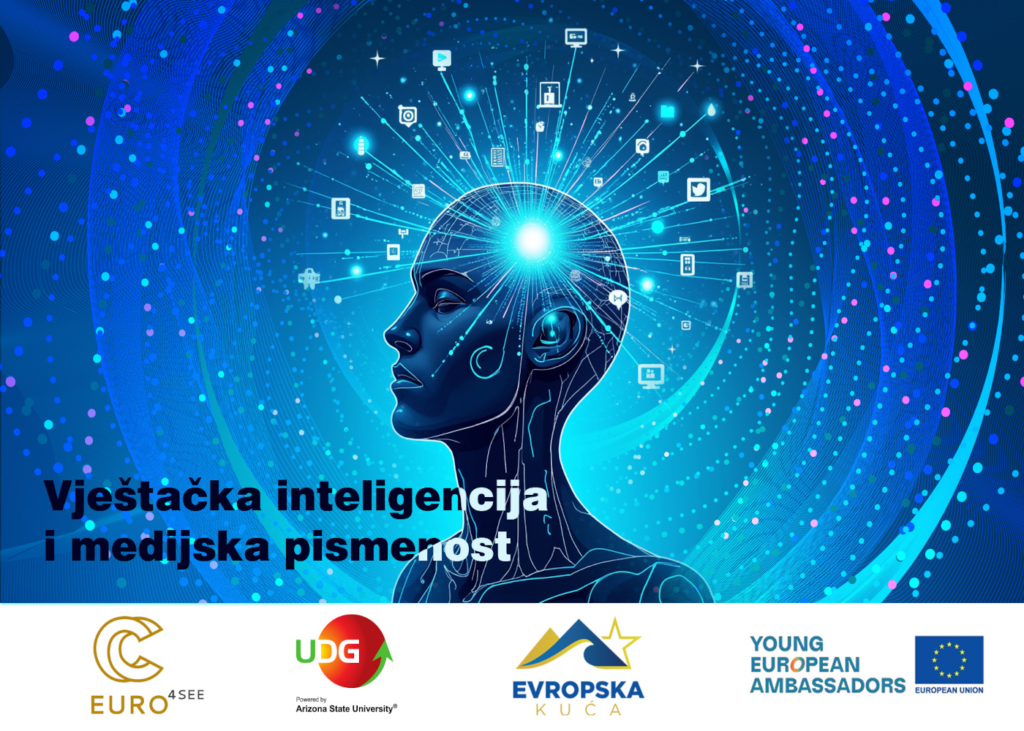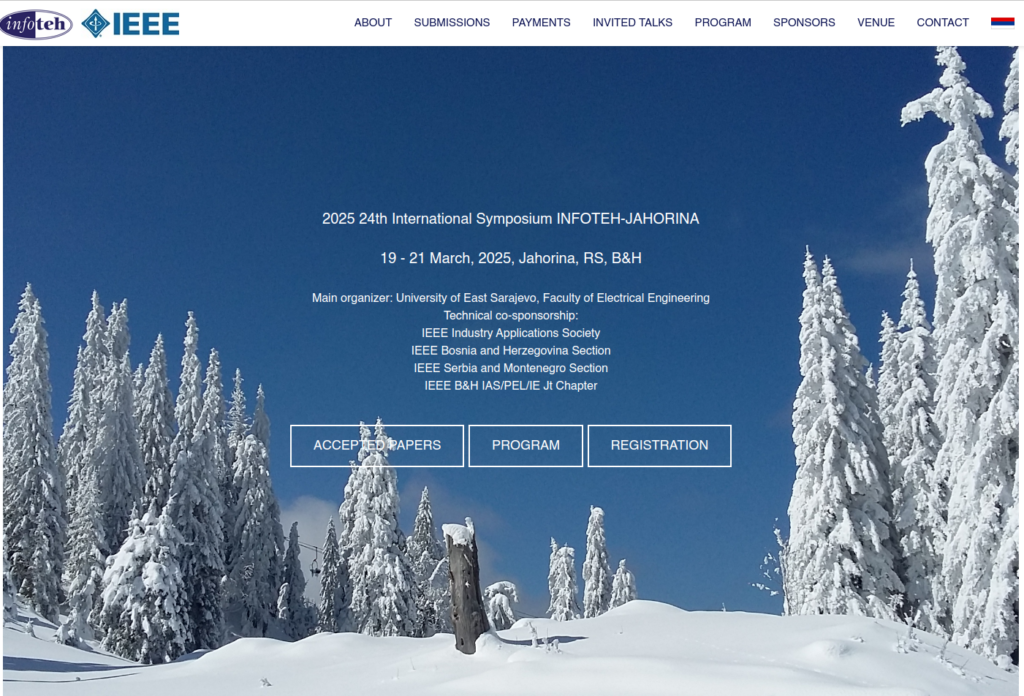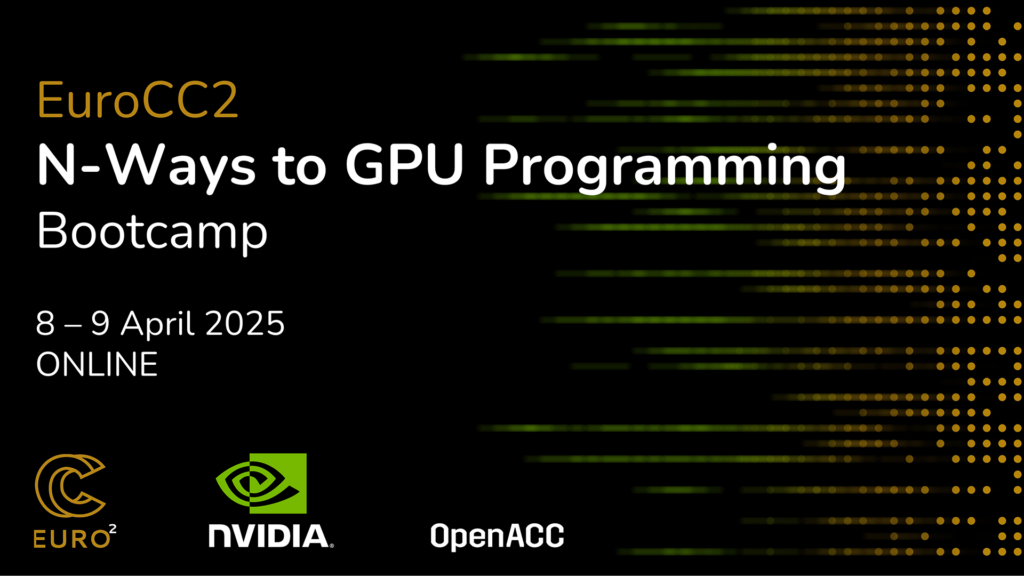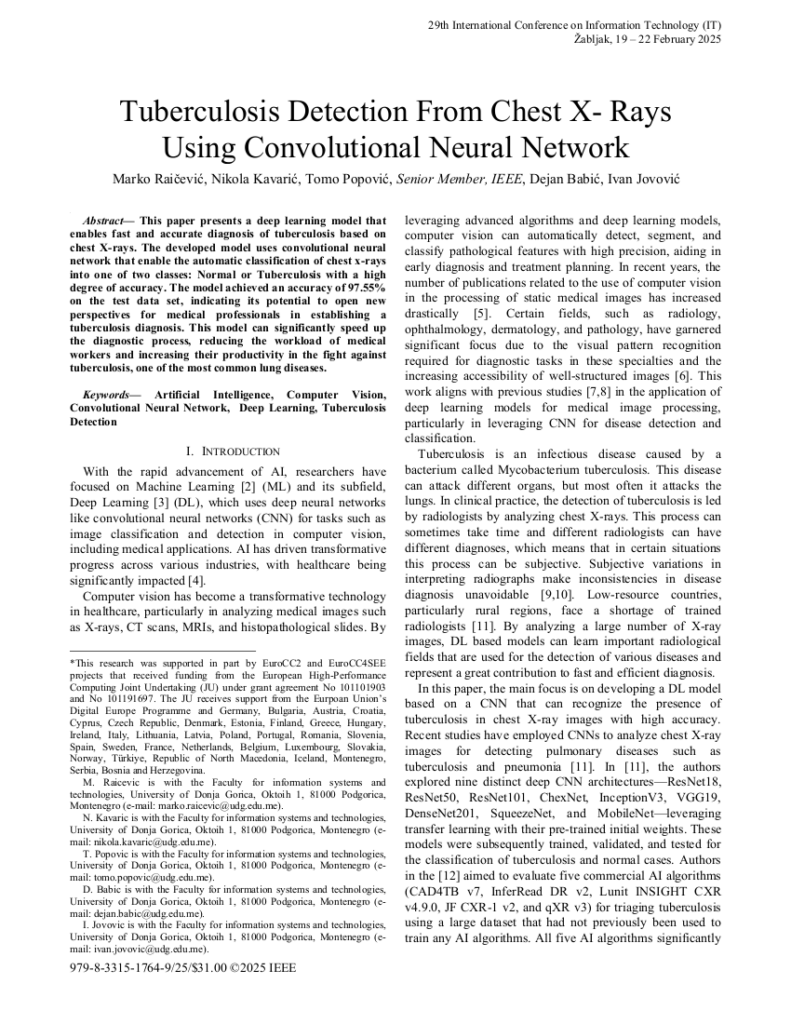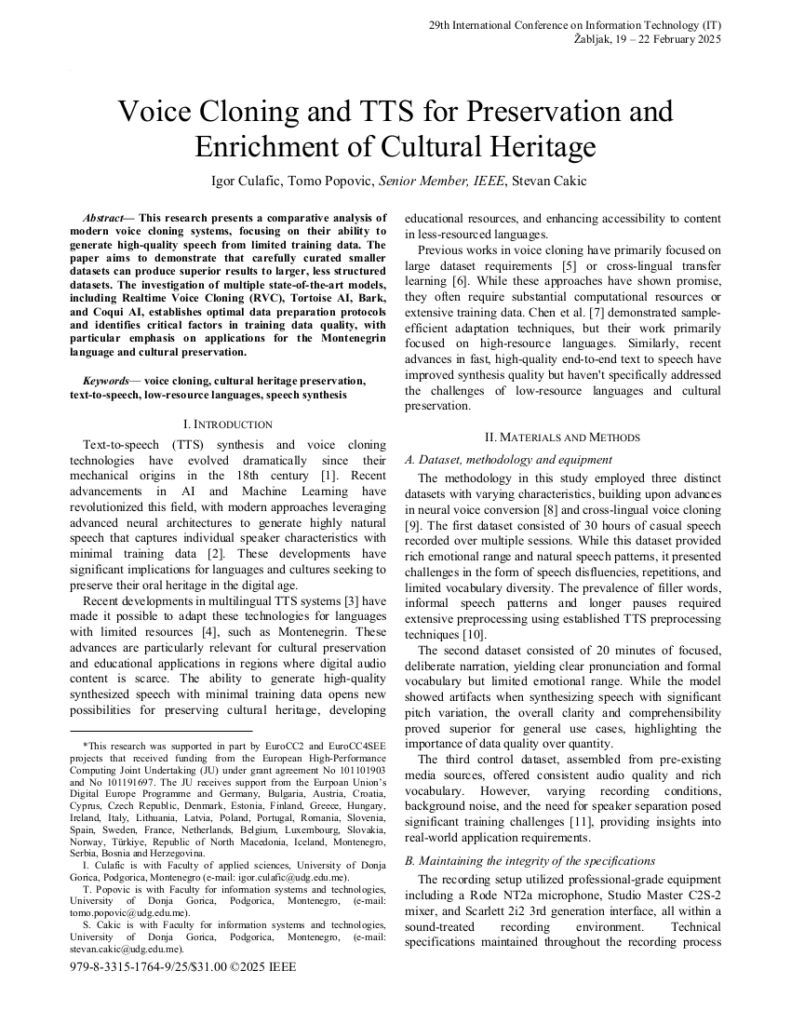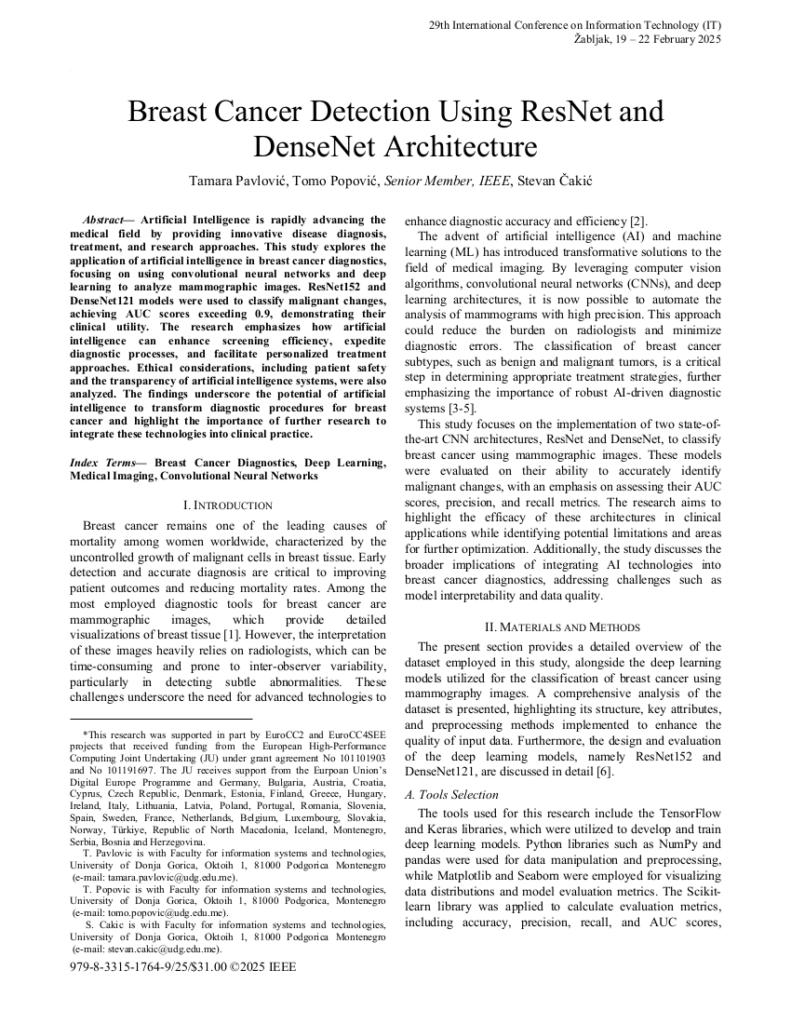Interested in Artificial Intelligence? Want to learn how to communicate with advanced AI models like GPT-4?
Apply for a free online course in Prompt Engineering organized by the University of Donja Gorica (UDG) and the NCC Montenegro.
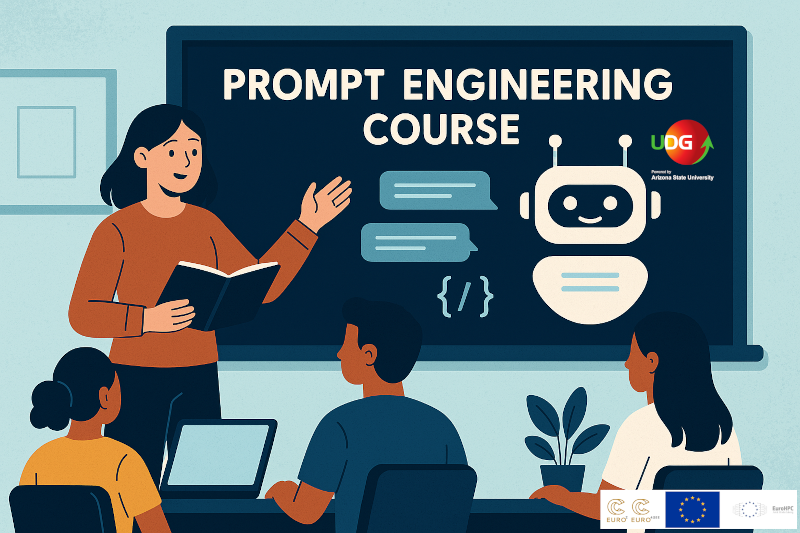
Course description:
Prompt Engineering is a cornerstone technique for effectively interacting with advanced language models such as GPT-4, LLaMA, and beyond. This course equips students with the knowledge and skills to harness the transformative potential of AI technologies, emphasizing innovative, responsible, and industry-relevant applications.
In the era of digital transformation, where real-time decision-making and intelligent automation are reshaping industries, the demand for High-Performance Computing (HPC) is critical. By exploring advanced Natural Language Processing (NLP) models, students will not only develop effective prompt techniques but also gain insight into the computational demands and infrastructure required to implement these solutions at scale.
- Application deadline: April 1st, 2025
- Register here: [link]
- Open to all interested students and high school learners, others welcome, as well!
- Join the community shaping the future through AI and HPC.


